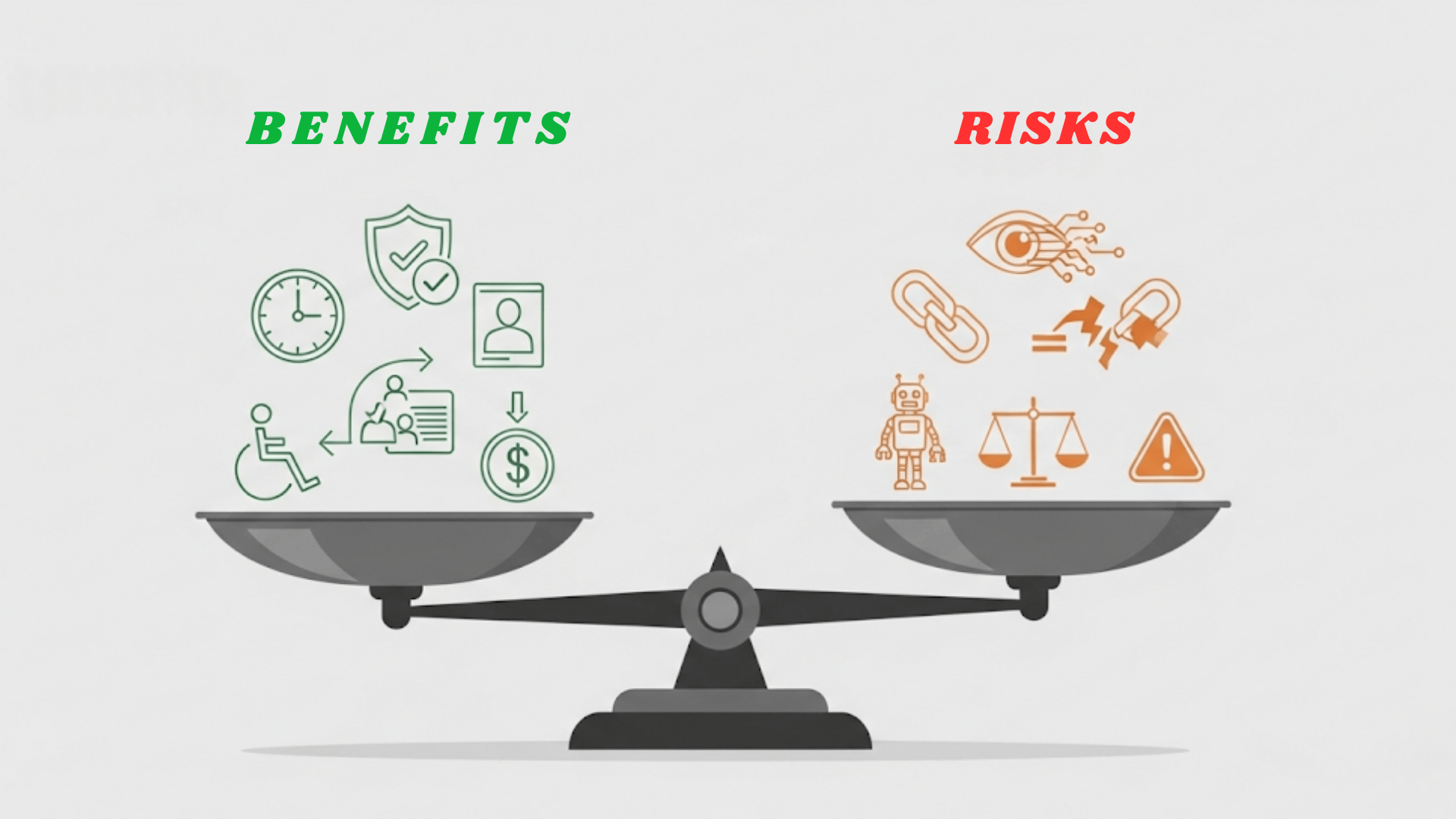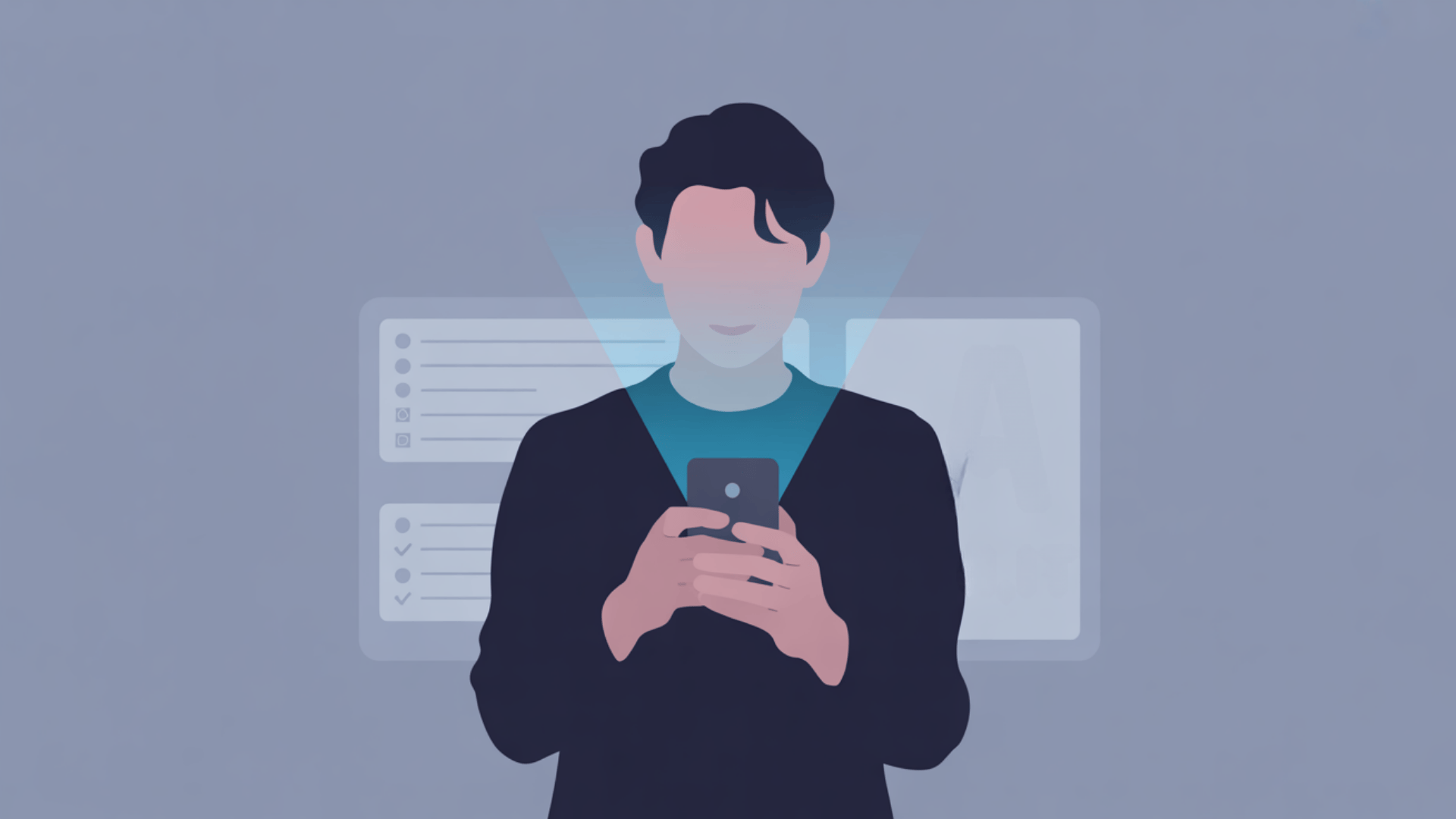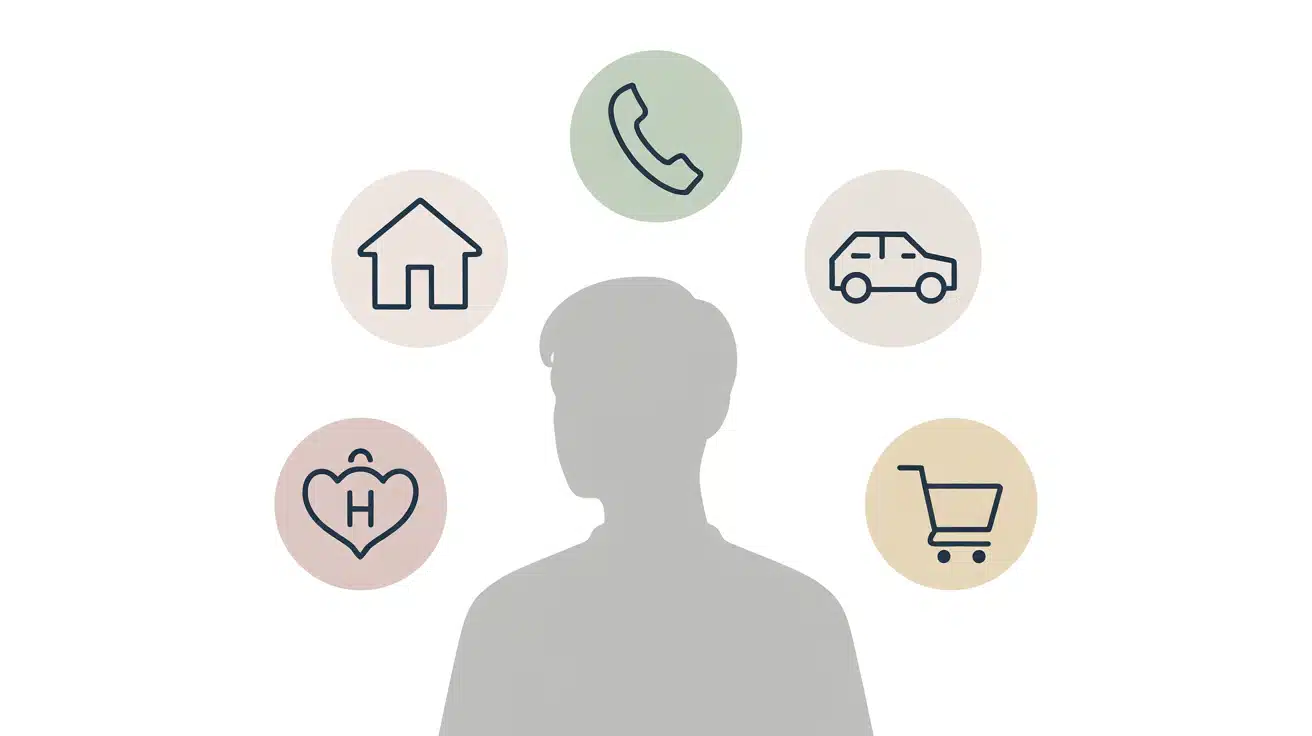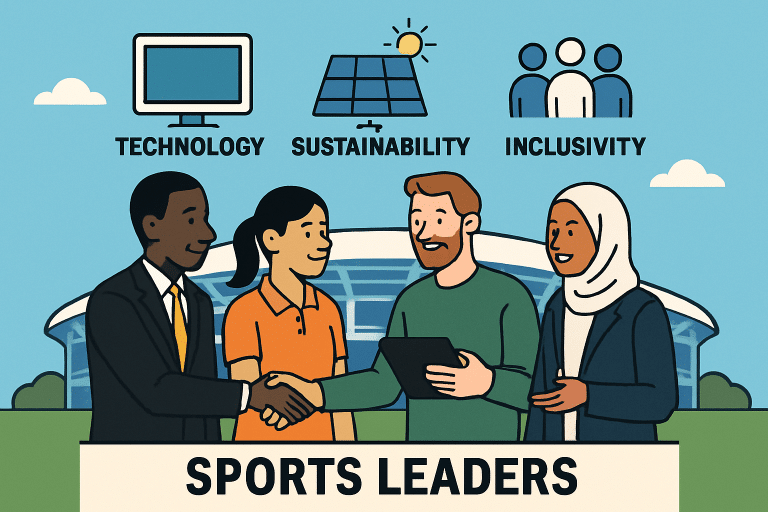Do you realize that artificial intelligence helped you before you even finished reading this sentence?
Your phone’s autocorrect, email spam filter, and music recommendations all use AI.
Most people think artificial intelligence is futuristic technology. But AI is already changing how you work, shop, communicate, and live every day.
You interact with AI dozens of times daily without knowing it. Your search results, social media feeds, and navigation system all use smart algorithms.
In this blog, I’ll show you exactly how artificial intelligence is changing everyday life right now. You’ll learn specific ways AI improves daily tasks, saves time, and simplifies complex processes.
The Hidden AI Revolution in Your Daily Routine
Most people overlook the most significant transformation happening right now. AI isn’t replacing humans with robots.
Instead, it’s becoming invisible background intelligence that makes ordinary moments feel effortless. Your alarm utilizes sleep cycle analysis to wake you during the lightest stages of sleep.
Your weather app processes satellite data and atmospheric pressure to predict rain. This represents a shift from reactive technology to predictive assistance that automatically anticipates your needs.
| Traditional Technology | AI-Powered Technology |
|---|---|
| You search for music | Music appears based on your mood |
| You set thermostat manually | Temperature adjusts to your schedule |
| You check traffic before leaving | Route changes automatically for faster travel |
| You browse products online | Relevant items appear without searching |
| You organize photos by hand | Images are sorted by faces, places, and events |
How AI is Changing Everyday Life Right Now
Now that you understand the basic transformation happening around you, let’s explore the specific ways AI is reshaping your daily activities right now.
1. Enhanced Personal Productivity
Smart calendars now predict optimal meeting times by analyzing your energy patterns, travel requirements, and preparation needs.
Instead of manually coordinating schedules, AI systems find slots that work for everyone while considering timezone differences and individual productivity peaks.
This reduces scheduling conflicts and improves meeting effectiveness.
2. Predictive Health and Wellness
Wearable devices can detect health issues before symptoms appear by continuously monitoring heart rate variability, sleep patterns, and stress indicators.
Modern fitness trackers can identify potential illnesses 24-48 hours in advance by detecting subtle changes in your baseline metrics. This early warning system helps prevent serious health complications.
3. Automated Financial Management
Banking apps now categorize expenses and predict monthly spending without manual input from users.
AI analyzes purchase patterns to flag unusual transactions that may indicate fraud, while automatically transferring money to savings when spending remains below predicted amounts.
This creates effortless budgeting and financial security.
4. Intelligent Content Curation
News and entertainment platforms create personalized content streams that adapt to your interests, available time, and current mood.
These systems strike a balance between showing you content you’ll enjoy and introducing new topics to prevent filter bubbles.
The result is information consumption that feels both relevant and educational.
5. Context-Aware Communication
Messaging apps now suggest responses that match your communication style and the nature of your relationship with each contact.
AI analyzes your typical response time, formality level, and emoji usage to draft replies that sound authentically like you.
This maintains personal connections while reducing the mental effort of constant messaging.
Benefits and Risks of AI in Daily Life

While AI brings remarkable improvements to our daily routines, it’s essential to understand both the advantages and potential challenges that come with integrating this technology.
Key Benefits
- Time Savings: AI handles routine tasks such as route planning, expense tracking, and content recommendations, freeing up mental energy for more important tasks.
- Improved Accuracy: Medical monitoring, fraud detection, and predictive maintenance catch problems before they become costly or dangerous.
- Personalized Experiences: Shopping, entertainment, and learning adapt to individual preferences, making daily interactions more relevant and satisfying.
- Enhanced Accessibility: Voice controls, automatic transcription, and translation tools help people with disabilities or language barriers participate more fully.
- Cost Reduction: Automated energy management, optimized transportation routes, and predictive maintenance significantly lower monthly expenses.
Key Risks
- Privacy Concerns: The collection of personal data enables better services, but also creates opportunities for surveillance and the misuse of sensitive information.
- Dependence Issues: Over-reliance on AI systems can reduce human skills and create problems when technology fails or malfunctions.
- Bias Amplification: AI systems can perpetuate existing social biases in hiring, lending, and the criminal justice system if the training data reflects historical discrimination.
- Job Displacement: Automation may eliminate certain types of employment faster than new opportunities are created in emerging fields.
- Security Vulnerabilities: Connected devices create new entry points for cyberattacks that could compromise home security and personal safety.
Other Important AI Applications in Daily Life
Beyond the major benefits and risks, AI quietly powers many other aspects of your daily routine that you might not have considered yet.
1. Smart transportation systems optimize traffic flow by analyzing real-time data from millions of vehicles to reduce commute times and fuel consumption. Cities use AI to coordinate traffic lights, manage parking availability, and predict maintenance needs for roads and bridges.
2. Voice assistants have evolved beyond simple commands to understand context and maintain conversations across multiple interactions. They can distinguish between different family members’ voices and provide personalized responses based on individual preferences and schedules.
3. Fraud protection in banking operates invisibly by monitoring spending patterns and flagging suspicious transactions before they are completed. These systems learn your typical purchasing behavior and geographic patterns to identify potentially fraudulent activity without disrupting legitimate purchases.
4. Educational platforms adapt to individual learning styles by tracking which explanations work best for each student and adjusting difficulty levels in real-time. This personalized approach enables people to learn more effectively, reducing frustration and enhancing retention.
| Application Area | Traditional Method | AI Enhancement |
|---|---|---|
| Language Learning | One-size-fits-all lessons | Adapts to your progress and learning style |
| Home Security | Motion-triggered alerts | Recognizes family members vs strangers |
| Email Management | Manual sorting and filtering | Automatic prioritization and categorization |
| Shopping | Browse and search manually | Predictive recommendations and price optimization |
What’s Coming Next in AI Transformation?

Future AI improvements will render current technology outdated.
Smart homes will anticipate your needs before you ask, starting your car when you’re getting ready to leave, ordering groceries when supplies run low, and managing energy usage automatically.
Workplace AI will automate tasks such as writing emails, scheduling meetings, and creating presentations without requiring human input.
Self-driving cars will become increasingly common, reducing accidents while allowing you to work or relax during your commute.
These advances will happen gradually through software updates, making your daily routine even more efficient and personalized without requiring new technical skills from you.
Final Verdict
The change of everyday life by artificial intelligence becomes clear when you realize it’s already everywhere around you.
From smart alarms that wake you gently to apps that suggest perfect dinner choices, AI quietly improves hundreds of daily moments.
The real change isn’t about robots taking over. It’s technology handling routine tasks, so you focus on what matters most.
Your devices learn your preferences, predict your needs, and adapt automatically, eliminating the need for technical skills from you.
This transformation will continue to accelerate with the advent of smarter homes, safer transportation, and more personalized experiences.
What AI changes have you noticed most in your daily routine? Share your experiences below!







































